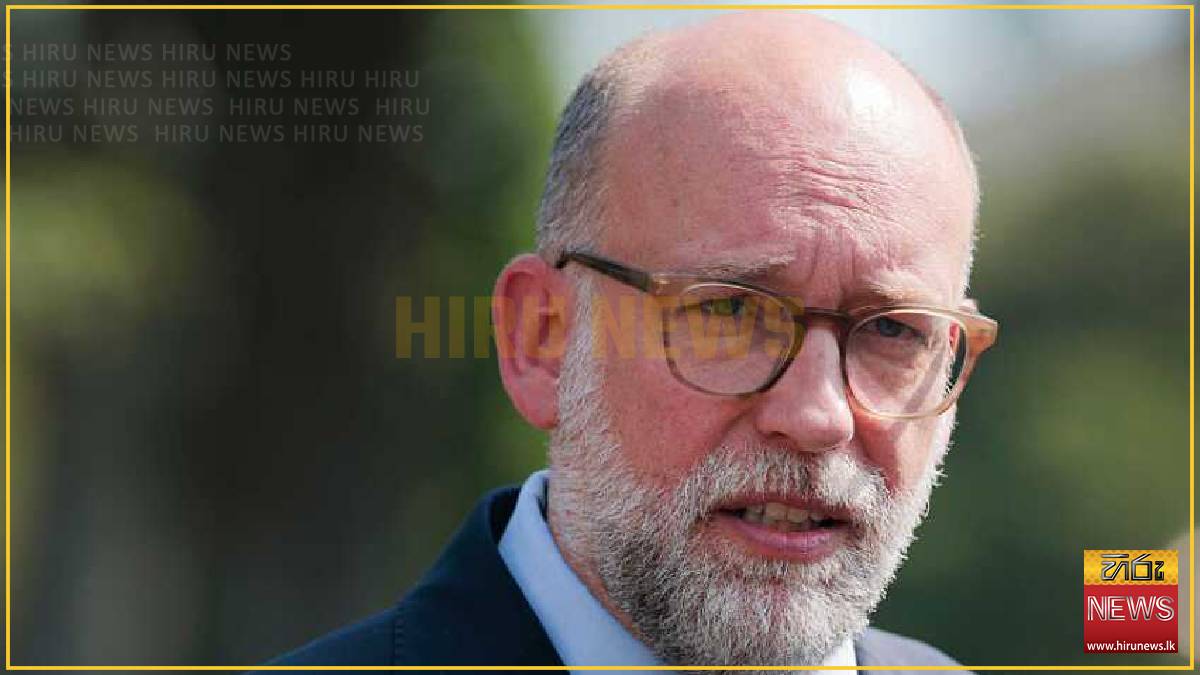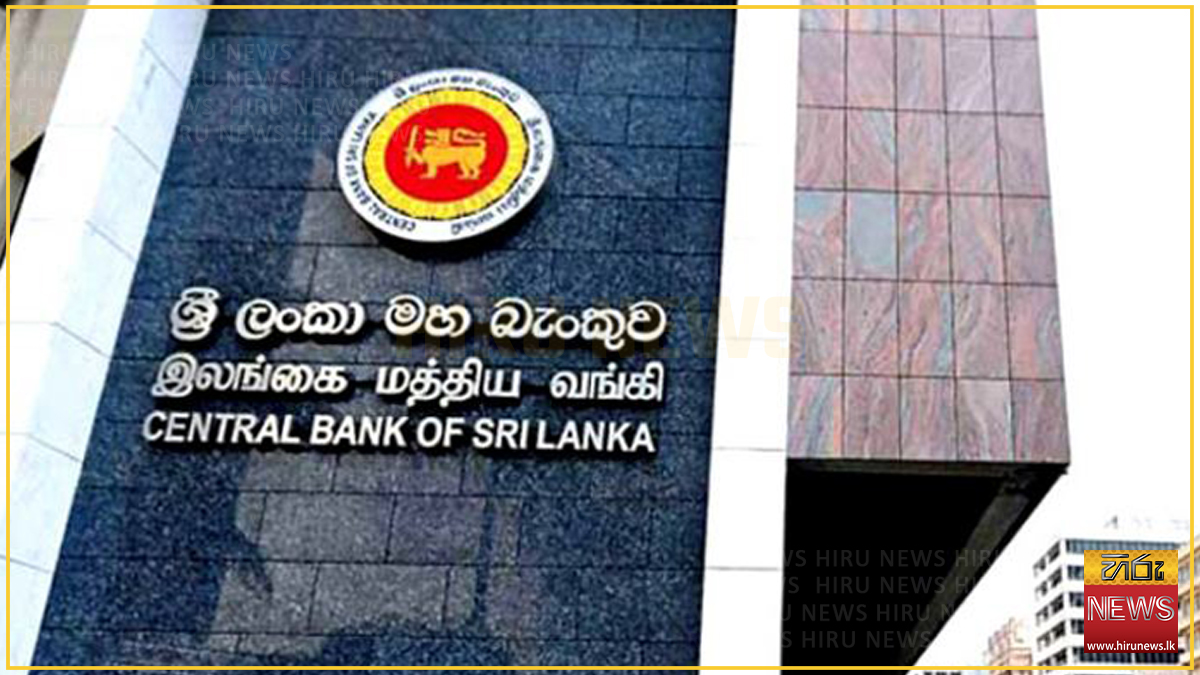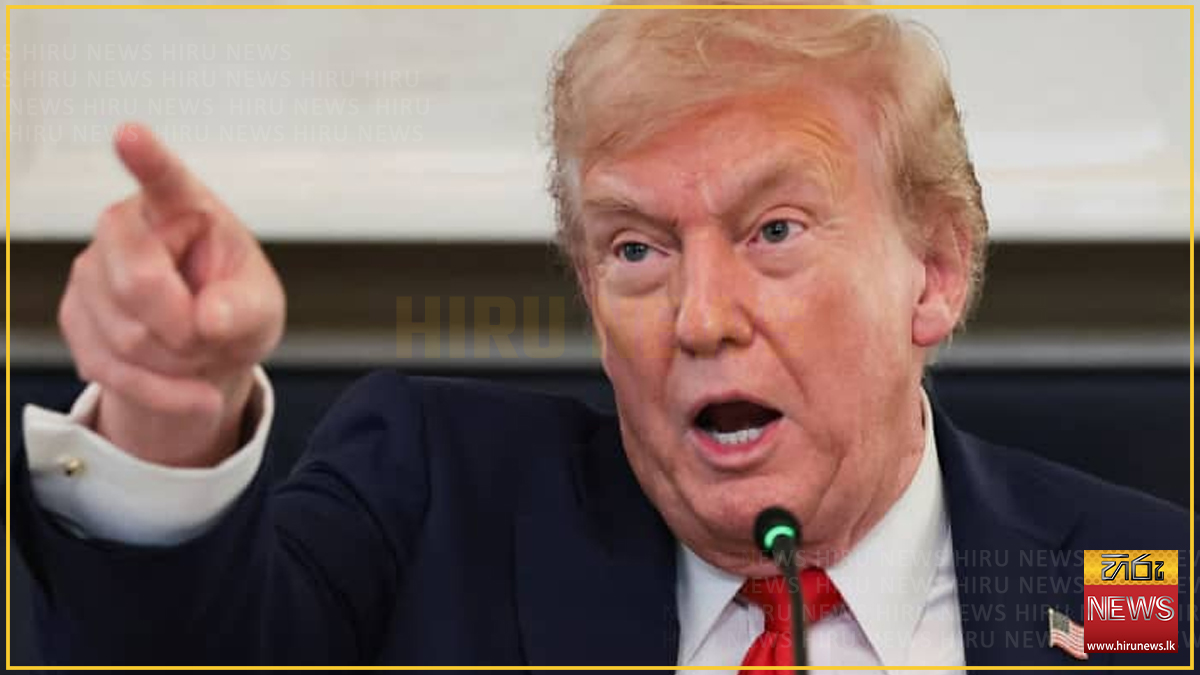
President Emmanuel Macron reappointed Sebastien Lecornu to be France’s prime minister on Friday, giving the centrist ally another shot at naming a new cabinet and getting a budget through a fractious parliament.
Lecornu must propose a 2026 budget on Monday to get the legislation adopted by the end of the year through the normal process. Otherwise, the National Assembly may need to pass an emergency bill to keep the government funded.
The reappointment is a last-gasp attempt to find political balance to prevent the next government from collapsing, which would be likely to make snap elections unavoidable and usher in a new period of political instability.
“We must put an end to this political crisis, which is exasperating the French people, and to this instability, which is detrimental to France’s image and its interests,” Lecornu said in a statement on social media late on Friday.
Failure to form a cabinet and pass a budget would mean that Macron would either have to call a parliamentary election, pick yet another prime minister or resign – something he’s previously rejected.
Lecornu’s reappointment follows a week of frenetic horse trading in Paris after he unexpectedly quit as prime minister on Monday, blaming the intransigence of the political groups in the National Assembly.
The resignation came less than 24 hours after Macron named a new cabinet stacked with centrist loyalists, ignoring threats from opposition parties who warned him not to appoint a continuity government.
The renamed premier faces a treacherous path since the lower house of parliament is split among deeply antagonistic blocs. All parties have an incentive to position themselves for a crucial presidential election due in 2027, rather than make compromises.
“All ambitions are legitimate and useful, but those who join the government should pledge to disconnect from ambitions for the 2027 presidential election,” Lecornu said.
To have any chance of political stability, Lecornu must strike accords encompassing both the centre-right Republicans who joined previous cabinets, and the centre-left Socialists who until now have refused.
The opposition between those parties defined French politics for decades before Macron and his centrist movement, and it remains hard to piece the two together.
The premier also needs to keep the support of what remains of a centrist bloc that was hobbled in Macron’s ill-fated gamble on snap elections last year.
Meanwhile, the far-left and Marine Le Pen’s far-right have said in recent days they will seek to topple any cabinet that emerges this weekend to precipitate elections.
-SCMP
Lecornu must propose a 2026 budget on Monday to get the legislation adopted by the end of the year through the normal process. Otherwise, the National Assembly may need to pass an emergency bill to keep the government funded.
The reappointment is a last-gasp attempt to find political balance to prevent the next government from collapsing, which would be likely to make snap elections unavoidable and usher in a new period of political instability.
“We must put an end to this political crisis, which is exasperating the French people, and to this instability, which is detrimental to France’s image and its interests,” Lecornu said in a statement on social media late on Friday.
Failure to form a cabinet and pass a budget would mean that Macron would either have to call a parliamentary election, pick yet another prime minister or resign – something he’s previously rejected.
Lecornu’s reappointment follows a week of frenetic horse trading in Paris after he unexpectedly quit as prime minister on Monday, blaming the intransigence of the political groups in the National Assembly.
The resignation came less than 24 hours after Macron named a new cabinet stacked with centrist loyalists, ignoring threats from opposition parties who warned him not to appoint a continuity government.
The renamed premier faces a treacherous path since the lower house of parliament is split among deeply antagonistic blocs. All parties have an incentive to position themselves for a crucial presidential election due in 2027, rather than make compromises.
“All ambitions are legitimate and useful, but those who join the government should pledge to disconnect from ambitions for the 2027 presidential election,” Lecornu said.
To have any chance of political stability, Lecornu must strike accords encompassing both the centre-right Republicans who joined previous cabinets, and the centre-left Socialists who until now have refused.
The opposition between those parties defined French politics for decades before Macron and his centrist movement, and it remains hard to piece the two together.
The premier also needs to keep the support of what remains of a centrist bloc that was hobbled in Macron’s ill-fated gamble on snap elections last year.
Meanwhile, the far-left and Marine Le Pen’s far-right have said in recent days they will seek to topple any cabinet that emerges this weekend to precipitate elections.
-SCMP
Latest News
Trump administration starts laying off thousands of workers
Local
11 October 2025

Nineteen missing after explosion at Tennessee munitions factory
Local
11 October 2025

Court orders life sentence for 'Thotalanga Kanna'
Local
11 October 2025

Indian fishermen remanded for illegal entry
Local
11 October 2025

International Day of the Girl Child today
Local
11 October 2025

Rs.77.5 billion treasury bill auction scheduled
Local
11 October 2025

Sri Lankan women face England today in World Cup
Local
11 October 2025

Trump threatens 100% additional tariffs on China
Local
11 October 2025

French PM reappointed 4 days after stepping down
Local
11 October 2025

Heavy showers expected today
Local
11 October 2025









